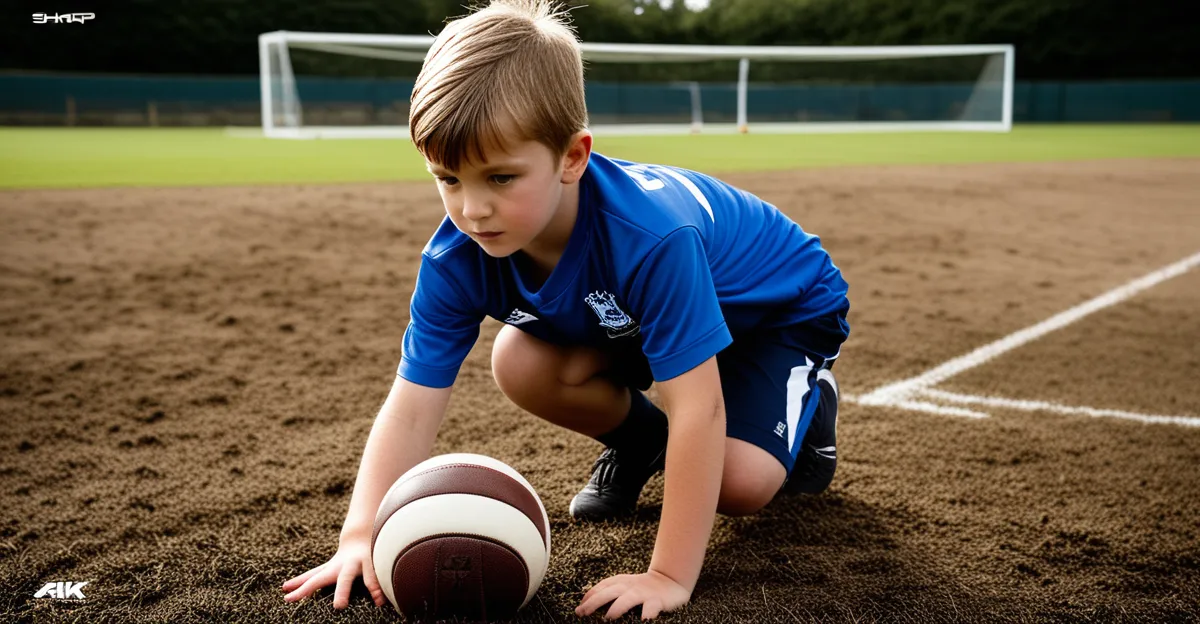Talent Identification and Early Development Pathways
In the UK, sports talent identification relies on a structured, multi-layered approach that begins at grassroots levels. Sports institutions implement rigorous scouting systems, combining school trials and partnerships with clubs to discover promising youth athletes early. These youth athlete pathways are designed not just to spot raw talent but to track progression comprehensively.
Early identification processes prioritize a holistic view—evaluating physical attributes, technical skills, and psychological readiness. Scouts assess athletes during trials to ensure selections are data-driven and objective. Schools play a pivotal role, serving as talent pools where coaches and scouts collaborate closely with PE teachers to nurture foundational skills and encourage participation.
Also to discover : How Do UK Sports Organizations Address Inclusivity and Diversity?
The importance of early sports development programs cannot be overstated. They focus on building essential motor skills, sport-specific techniques, and fostering mental resilience. Successful programs integrate progressive training stages tailored to age and ability, which help young athletes transition smoothly through competitive levels. This phased development is critical to prevent burnout and promote long-term athletic growth.
By investing in comprehensive identification and early development, UK sports systems aim to build a sustainable pipeline of elite athletes prepared for national and international challenges.
Also read : How Might Recent Policy Changes Impact the Future of UK Sports?
UK Sports Academies and Youth Programs
UK sports academies and youth programs are central to youth athlete pathways, blending education and elite training. These academies offer structured environments where young athletes develop technical skills alongside academic progress, ensuring well-rounded growth. Key features include tailored coaching, access to specialised facilities, and performance monitoring.
Youth sports academies UK emphasize progressive athletic training centres that nurture potential from an early age. They foster physical conditioning, tactical awareness, and mental resilience within a supportive framework. This approach helps transition athletes smoothly towards higher competitive levels while minimizing injury risks.
In addition, many programs collaborate with schools to integrate academic studies with training schedules, supporting both athletic and educational ambitions. For example, successful academy graduates often credit this dual-focus environment for their progress in national and international arenas. These youth development programs not only aim to produce elite athletes but also promote lifelong engagement in sport.
Overall, sports youth programs in the UK form a vital part of the pipeline, enabling identified talent to access high-quality training, education, and resources necessary for sustained success.
Coaching Techniques and Support Systems
Coaching techniques in youth coaching UK have evolved to embrace sport-specific methodologies that enhance skill acquisition and tactical understanding from an early stage. Coaches employ tailored drills and feedback strategies that address individual athlete needs while promoting team dynamics. This precision-focused approach ensures young athletes develop technical proficiency alongside game intelligence.
Incorporating sports science is central to optimizing performance and injury prevention. Through biometric monitoring, nutrition guidance, and recovery protocols, athletes receive scientifically grounded support tailored to their development phase. Psychological support, including mental resilience training and stress management, further complements physical preparation, crucial for sustained progress.
Effective athlete support systems combine mentorship with a holistic focus on physical, psychological, and social wellbeing. Experienced mentors guide youth through competitive pressures and life balance, fostering confidence and motivation. This comprehensive framework aims to nurture well-rounded athletes ready to advance through youth athlete pathways with resilience and adaptability.
Overall, these integrated coaching techniques and support systems provide young athletes with a robust foundation, crucial for successful transitions within early sports development frameworks.











